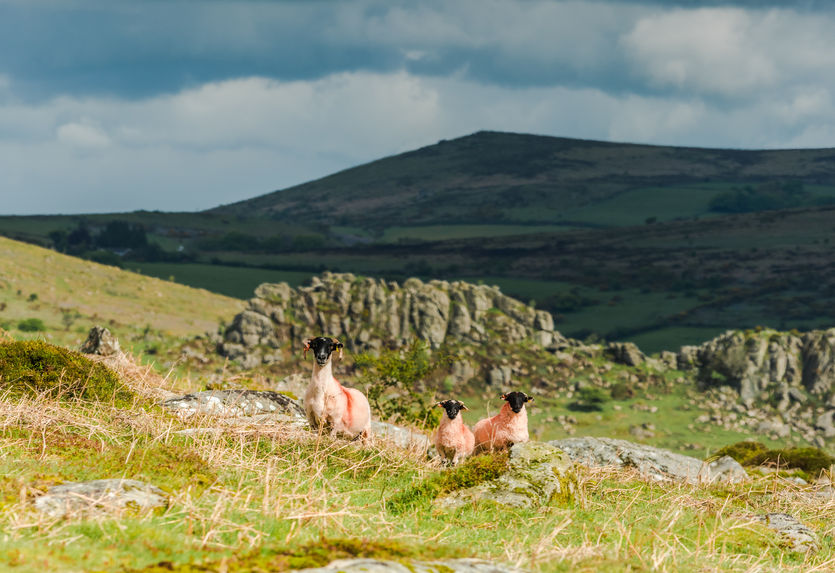
A new document has been released which sets out the financial blueprint for any future agricultural policy in Scotland once the UK leaves the EU.
NFU Scotland has released its post-Brexit agricultural policy document ‘Steps to Change’.
The document follows union officials meeting with HM Treasury to begin a dialogue on how such a future policy framework might be funded on an intra-UK basis.
The farming union has argued that at least the same quantum of funding must remain ring-fenced to Scottish agriculture after Brexit.
It says an element of financial stability will remain vital – at least through a lengthy transition phase beyond the current operation of the CAP within the UK.
The document calls for stability payments to be properly targeted at active farmers and crofters through a new system of delivering direct support.
New system
To enable profitable farms and crofts in the future, the report calls for the new system to:
• Reward the risk and decision-taker
• Move away from existing area-based payments to a new system based on eligible payment hectares
• Define eligibility by levels of agricultural activity
• Provide a baseline so that businesses are supported and incentivise to shift towards taking up complementing environmental and productivity measures
• Enhance payments with top-ups in more disadvantaged areas to reflect additional costs and poorer market returns, based on existing fragility markers
• Have scope for coupled support for vulnerable sectors whose socio-economic contribution is of major importance to Scotland
NFU Scotland President Andrew McCornick, said Scottish agriculture must "forge ahead in a fair an prosperous operating environment".
“For NFU Scotland, that means maintaining free and frictionless trade with the EU that upholds exacting standards and stops cheaper food that is produced to lower standards from being imported,” Mr McCornick explained.
“It is key that we get these issues out in the open for discussion, particularly when the UK Cabinet is deciding its stance on the fundamental issue of the customs union.”
